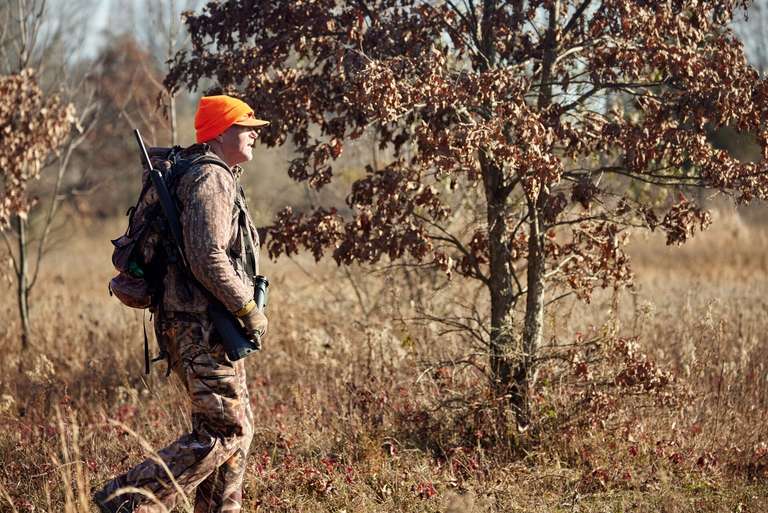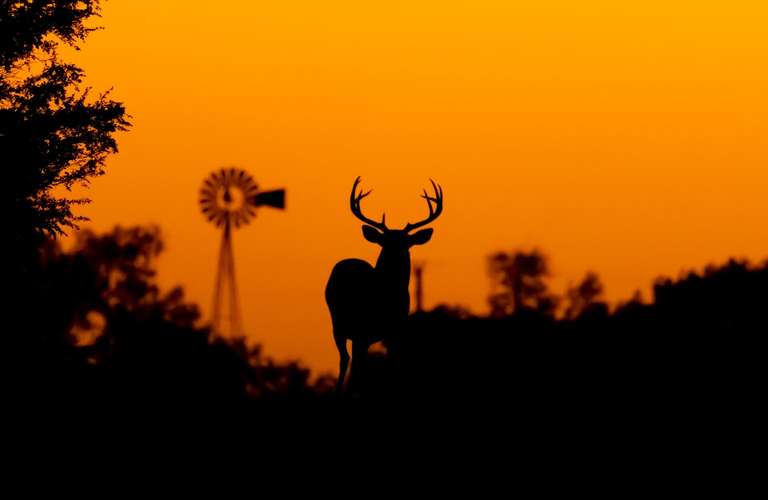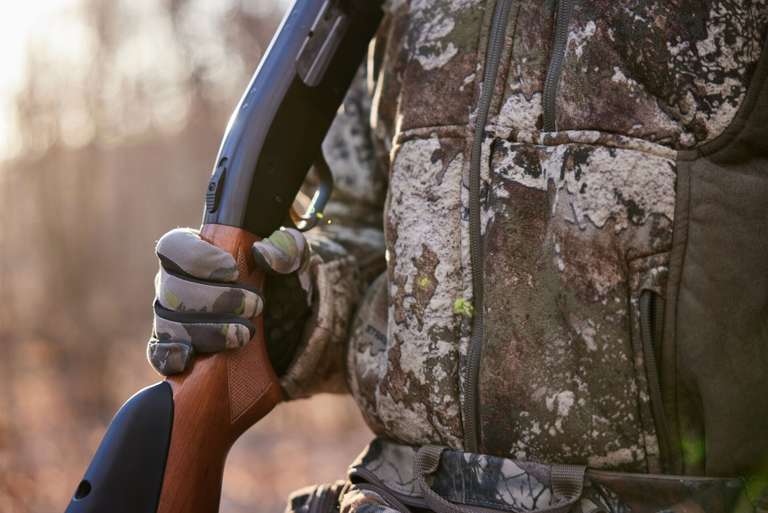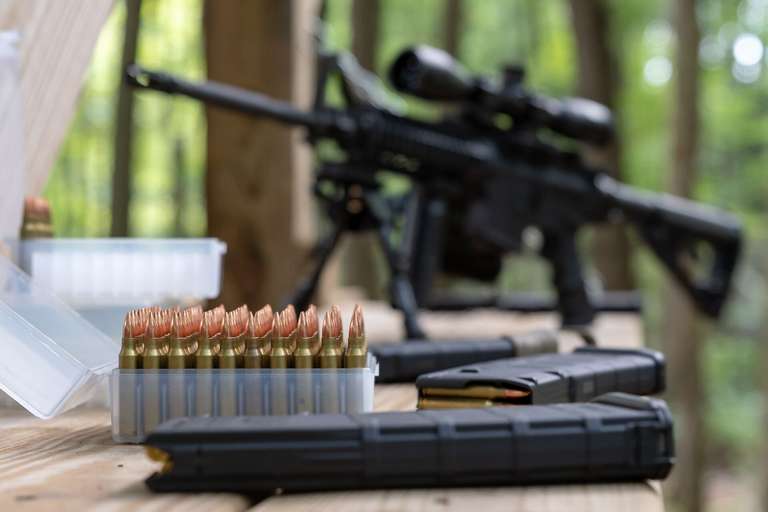Why Is Hunter Education Important?
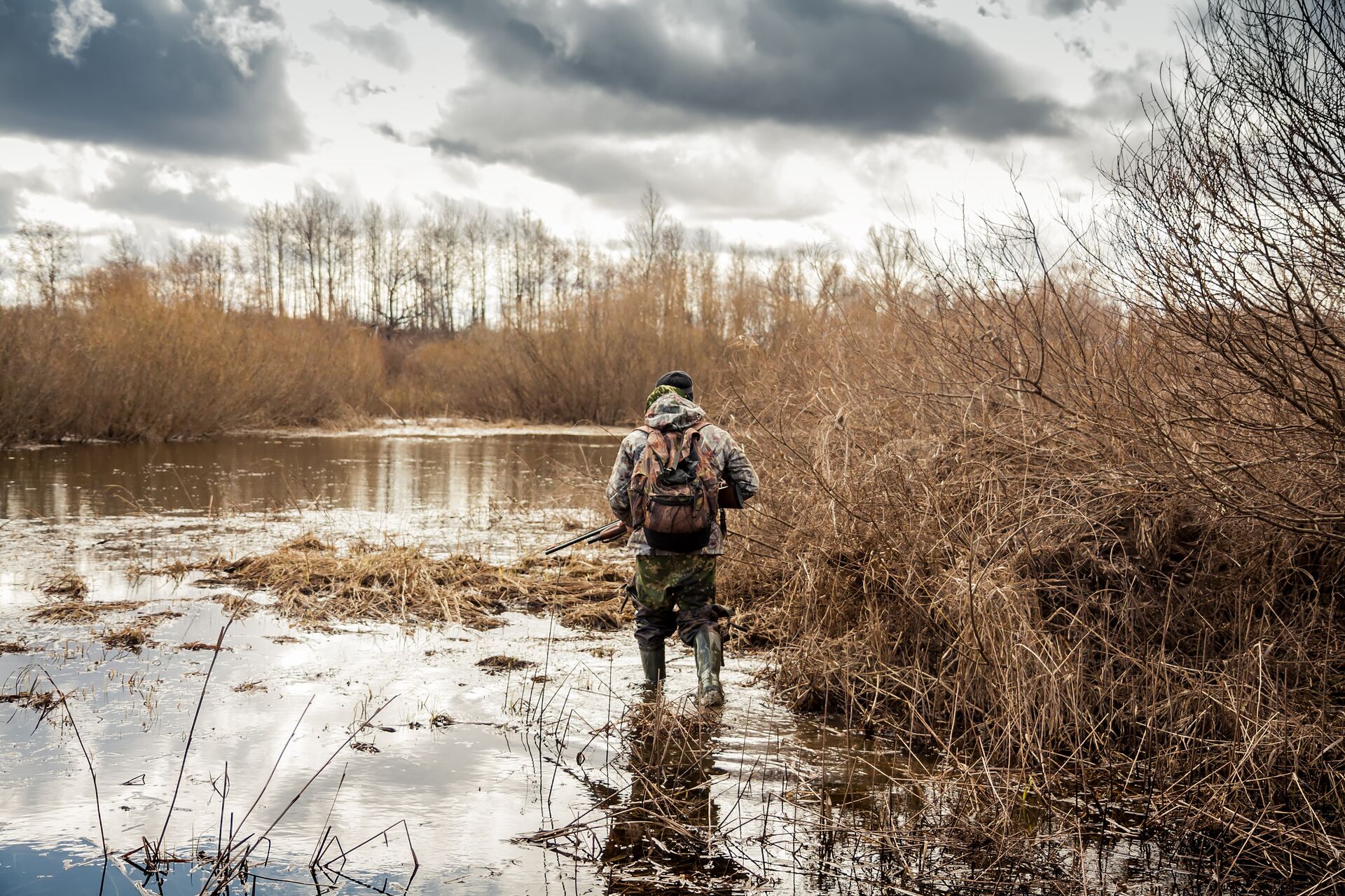
As a lifelong hunter, I can attest to the profound impact of hunter education on our community and the natural world we cherish.
From ensuring safety to promoting conservation, the lessons learned through hunter education courses, such as those offered by us here at ilearntohunt, are indispensable – but many experienced hunters (and those considering getting into hunting) still ask: why is hunter education important?
Do you really need it to get out and hunt?
Whether your state requires a hunting education certification to get your license or not, we believe prioritizing and learning about hunter safety is crucial for every hunter. So, let's look at the various aspects of hunter education and why every aspiring and seasoned hunter should prioritize it.
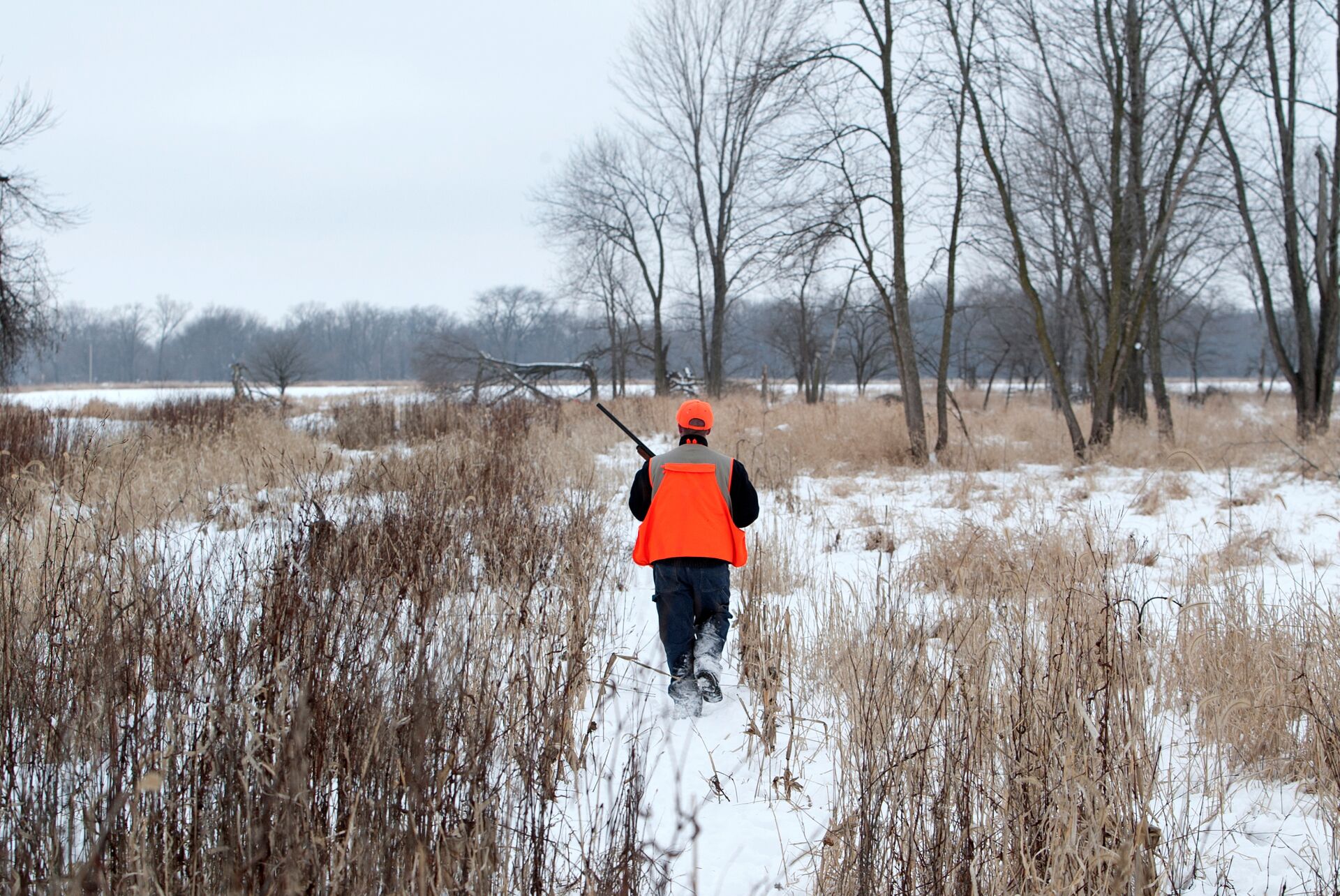
Safety
Safety is the cornerstone of hunter education.
Proper training equips hunters with the knowledge to handle firearms responsibly, navigate the wilderness safely, and understand hunting regulations comprehensively.
These courses reduce the risk of accidents, injuries, and fatalities for hunters and others who might be in the vicinity.
When I took my first hunter education course, I was amazed by the emphasis on firearm safety. We were taught how to carry, load, and unload our weapons safely. This education is crucial in preventing accidental discharges and ensuring that every hunting trip concludes without incident.
It's Important for Bowhunters, Too
Don't underestimate the importance of safety in archery hunting, either.
Most hunting accidents come in the form of treestand mishaps. This aspect is heavily emphasized in a state-approved hunter education course, and even more so in a course like Bowhunter-Ed.
Moreover, utilizing razor-sharp broadheads and popularizing crossbows nationwide makes archery safety even more important. Broadheads have always been sharp, but with the access advantage, a crossbow can bring more folks to the woods during archery season.
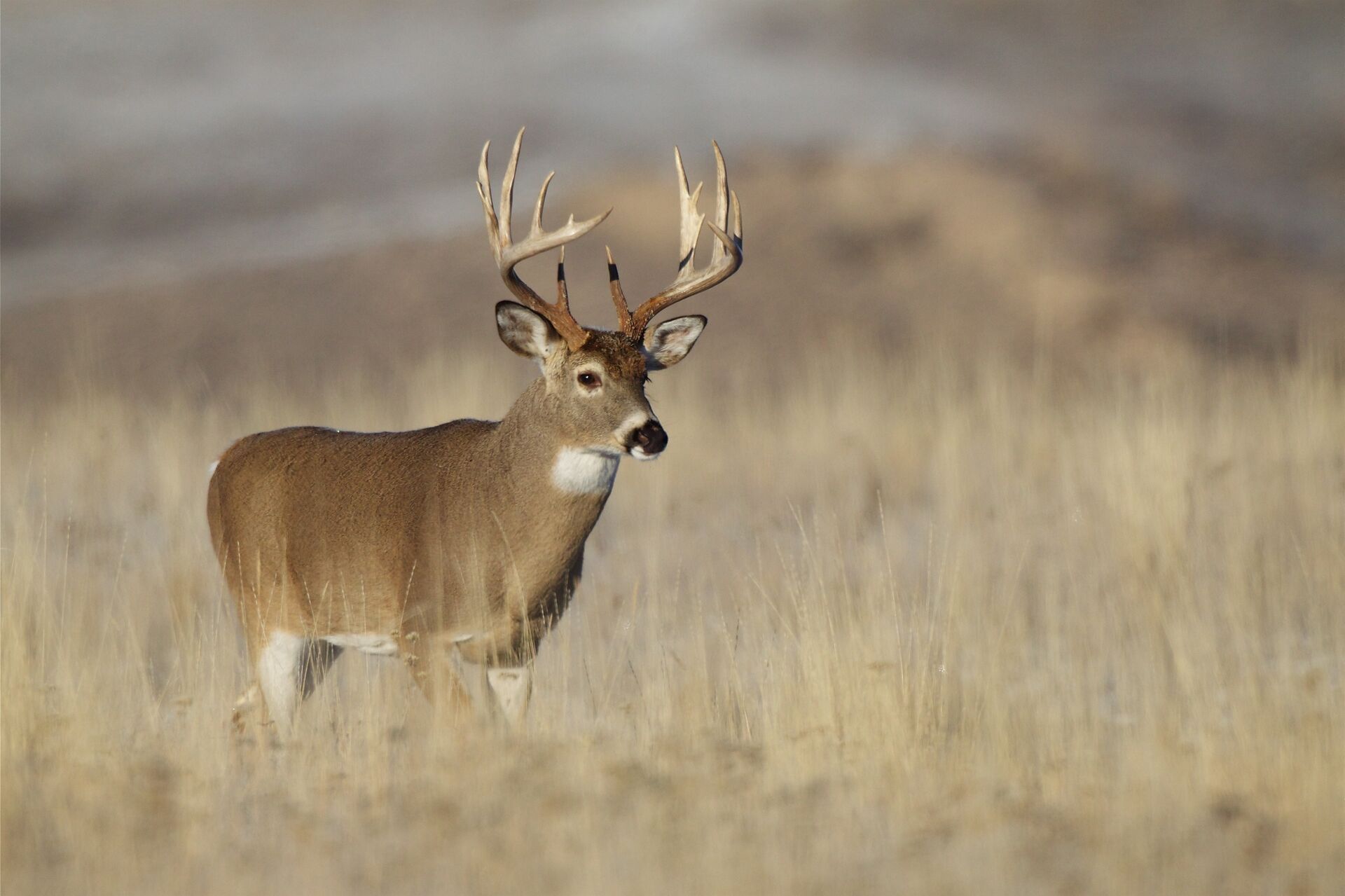
Ethical Hunting Practices
Hunter education instills the importance of ethical hunting practices. Respect for wildlife, adherence to hunting laws, and the practice of fair chase principles are at the core of these teachings.
Ethical hunting helps maintain the delicate balance in ecosystems and ensures the sustainability of wildlife populations.
One of the most memorable lessons from my hunter education course was about the principles of fair chase. It reinforced the idea that hunting is not just about the harvest but about respecting and admiring the wildlife we pursue.
Ethical hunting ensures we give animals a fair chance and do not exploit our technological advantages.
Conservation
Hunters play a pivotal role in wildlife conservation. Through licensing fees, taxes on hunting equipment, and participation in conservation programs, hunters contribute significantly to preserving habitats and wildlife populations.
Hunter education courses teach conservation principles, emphasizing the preservation of natural resources for future generations.
I recall a session during my course where we learned about the North American Model of Wildlife Conservation. It was enlightening to see how our contributions as hunters fund conservation efforts and how responsible hunting practices help maintain healthy wildlife populations.
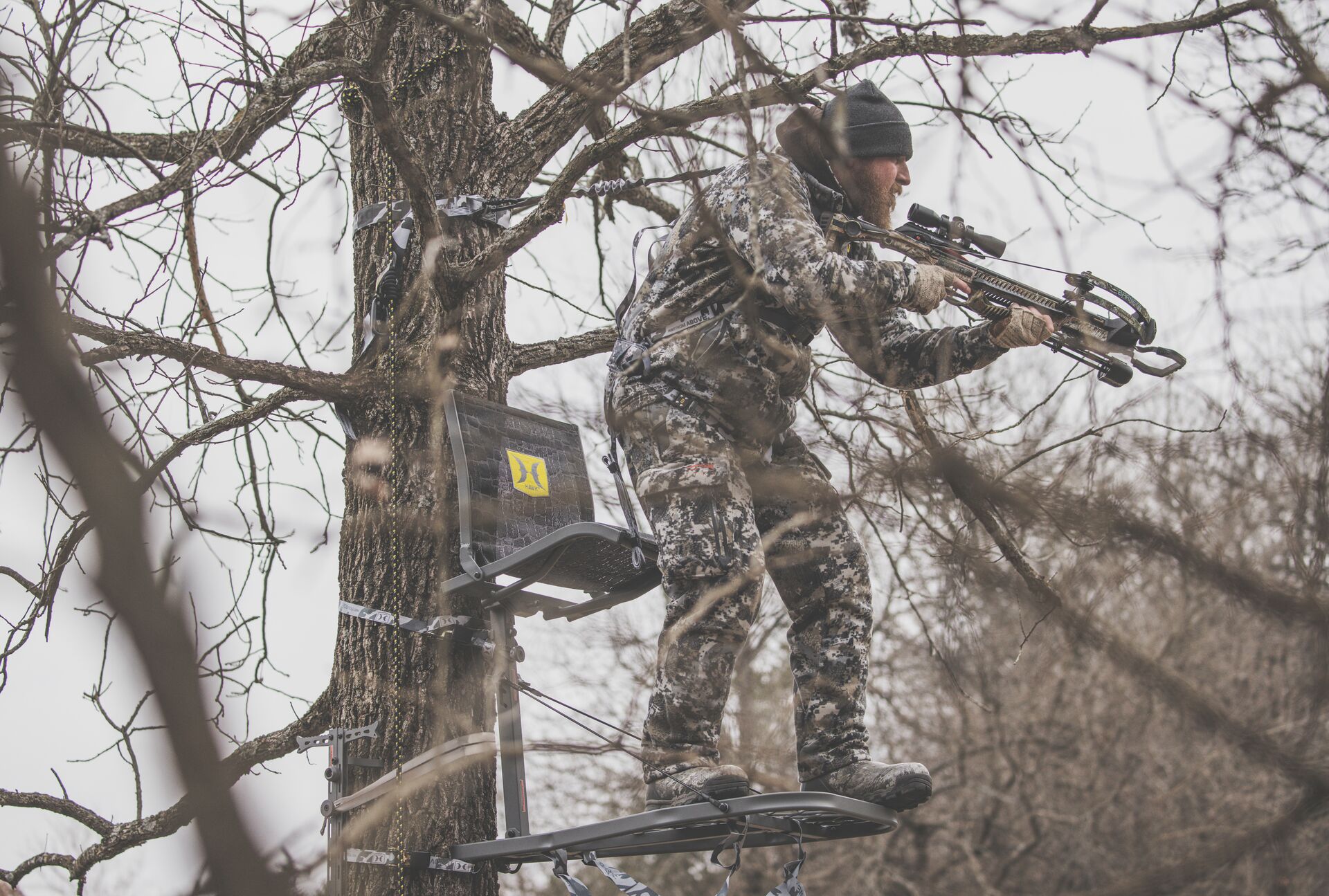
Skill Development
Hunter education goes beyond safety and ethics and focuses on developing essential outdoor basic shooting skills. Map reading, wilderness survival, tracking, and wildlife identification are just some of the skills that enhance the hunting experience and promote self-reliance.
During my training, we spent considerable time on orienteering and map reading. These skills have proved invaluable, not just for hunting but for any outdoor adventure. Knowing how to navigate the wilderness confidently empowers and ensures we can handle unexpected situations.
Legal Compliance
Understanding hunting laws and regulations is crucial for every hunter.
Hunter education ensures hunters know the rules governing hunting activities, helping prevent illegal hunting practices and poaching.
My hunter education course extensively reviewed state and federal hunting laws. This knowledge is essential to avoid legal issues and ensure our hunting practices align with conservation goals.
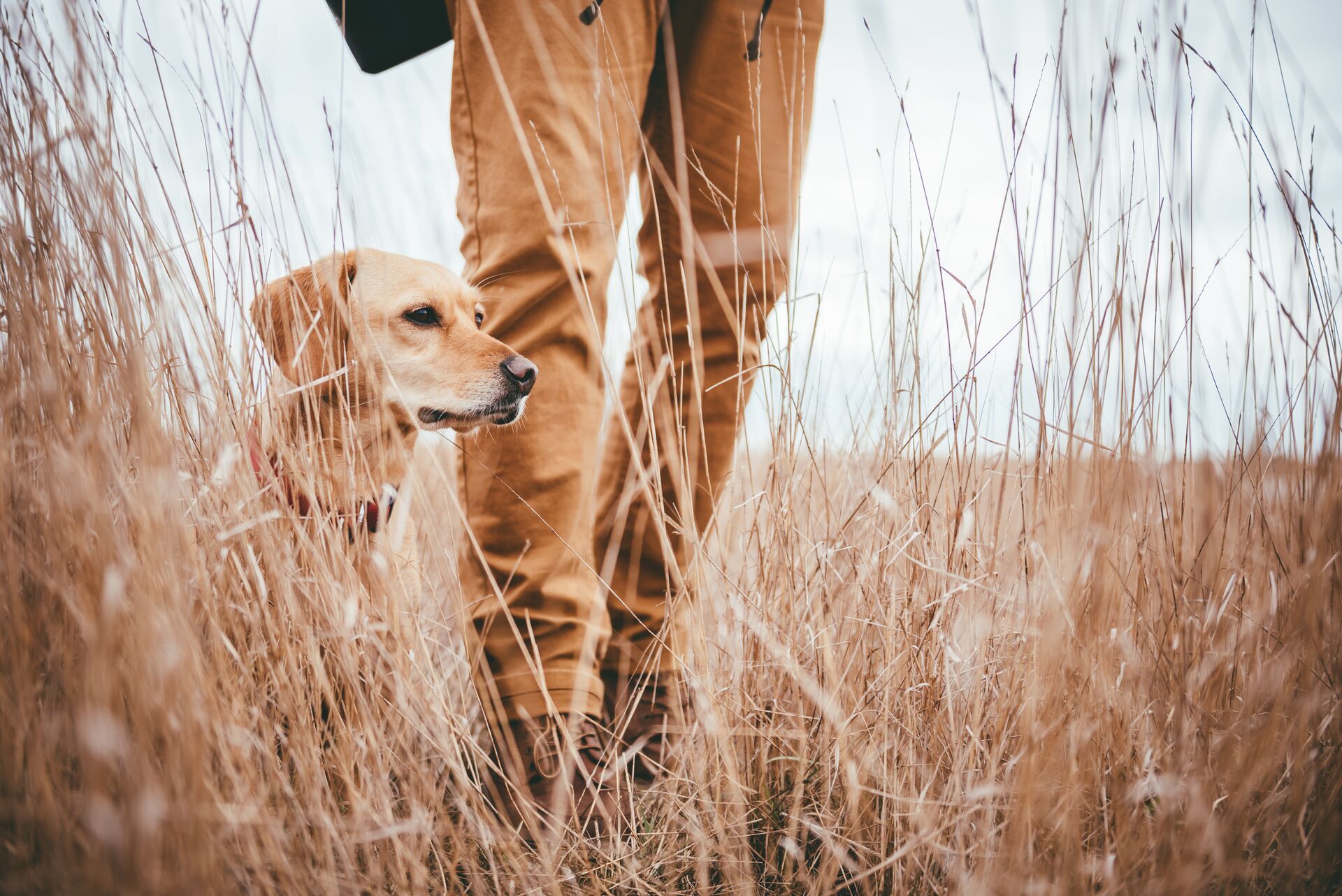
Personal Responsibility
Through hunter education, individuals learn about the responsibilities of being a hunter. This includes firearm safety, wildlife management, and ethical decision-making, all cultivating a sense of accountability and respect for the hunting community and the natural world.
One lesson that resonated with me was the ethical responsibility of ensuring a quick, humane harvest. This aspect of personal responsibility underscores the respect we must have for the animals we hunt and the duty to minimize suffering.
Risk Reduction
Educating hunters about potential risks and hazards associated with hunting – such as wildlife encounters, environmental conditions, and firearm accidents – helps minimize the likelihood of accidents and injuries.
Our sessions discussed various scenarios, including encounters with dangerous wildlife and extreme weather. This preparedness is crucial in mitigating risks and ensuring a safe hunting experience.
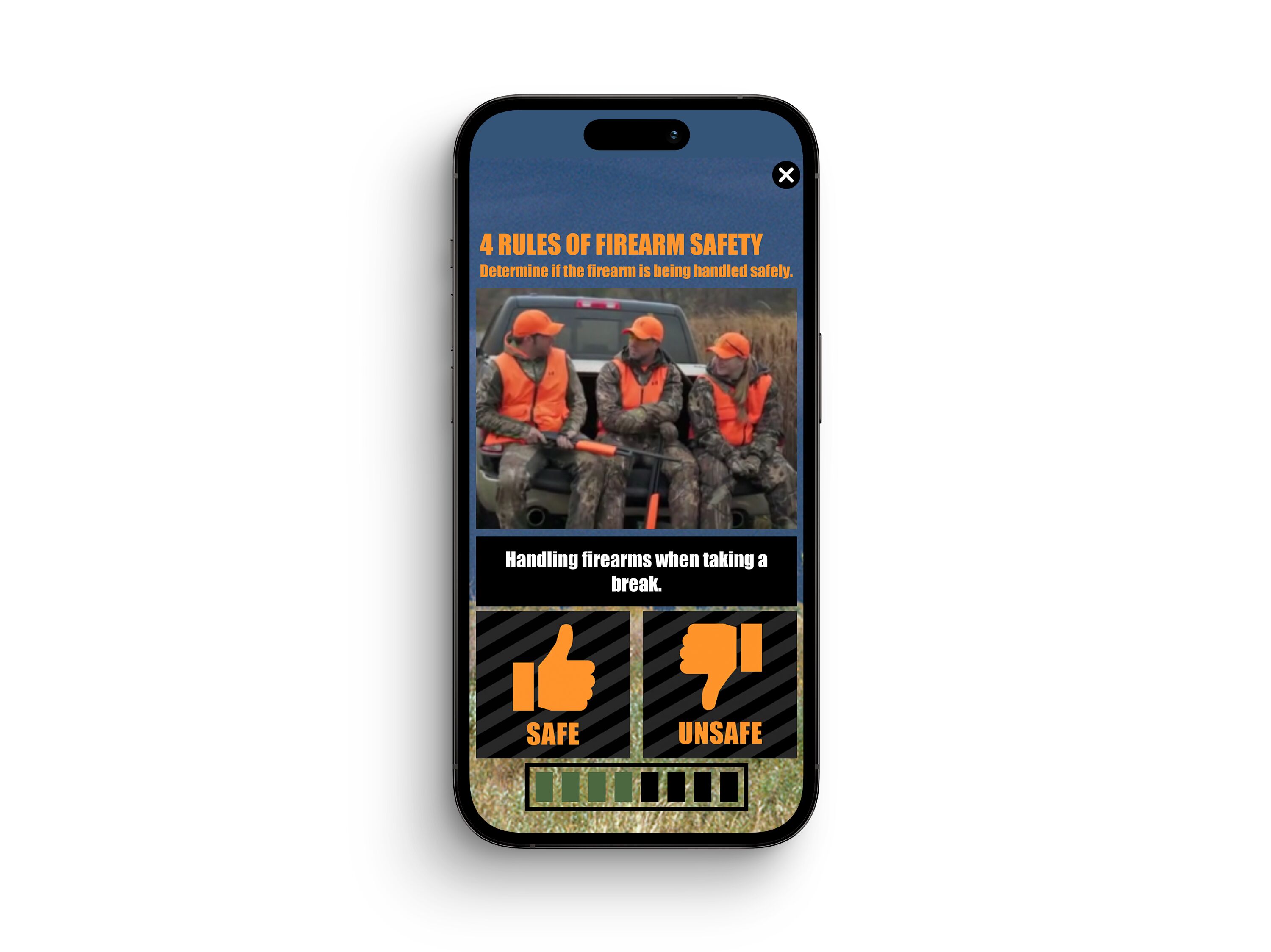
Take an Online Hunter Education Course Through ilearntohunt
Hunter education is not just a requirement in most states but a foundation for safe, ethical, and responsible hunting. The lessons learned extend beyond the field, fostering a more profound respect for nature and a commitment to conservation.
While an in-person course may go more in-depth in some of the areas described above, a state-approved online course covers everything you need to know to hunt safely while meeting all requirements for licensing.
That means taking a course through ilearntohunt is an excellent way to get the safety training you need to be a safe and responsible hunter. These courses offer comprehensive training to enhance your hunting experience and ensure you contribute positively to the hunting community and wildlife conservation.
Investing time in hunter education means you're not just learning to hunt – you're learning to be a steward of the natural world, ensuring that hunting remains a respected and sustainable activity for generations.
So, before you head out for your first (or next) hunt, make sure you have the foundational knowledge to return home safely and respect other hunters, wildlife, and the environment around you. Find the course for your state and get started with our interactive, engaging learning platform!

